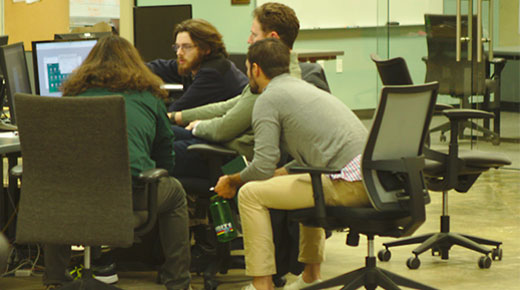During a TED talk, Amy Edmondson, the Novartis Professor of Leadership and Management at Harvard Business School, talks about “How to turn a group of strangers into a team.” Although long-standing teams are able to perform, our workplaces today require ad-hoc collaboration between diverse groups. The question is: What kind of leadership, and what kind of structure, contribute to working together on the problem?
|
ADVERTISEMENT |
Edmondson studies people and teams seeking to make a positive difference through the work they do. For those of you unfamiliar with her work, I’ll add that I have found anything that she writes or speaks about is worth reading or listening to.
The key message in her Ted talk starts around the 10-minute point:
“When teaming works, you can be sure that leaders, leaders at all levels, have been crystal clear that they don’t have the answers. Let’s call this ‘situational humility.’ It’s appropriate humility. We don’t know how to do it.”
…

Comments
Thanks for highlighting this concept!
Your recommendation to focus on some artifact, whether it's a whiteboard, a notebook, or some other physical object, is wonderful advice! As I consider the difficulty my bosses have with preparing for an uncertain future (and providing us with guidance or comforting advice as a result), I wonder if asking the workforce (say, in a town hall or some other large meeting) might achieve a better understanding of the problem and greater empathy for our bosses if they were asked to consider the problem and to come up with solutions.
Add new comment